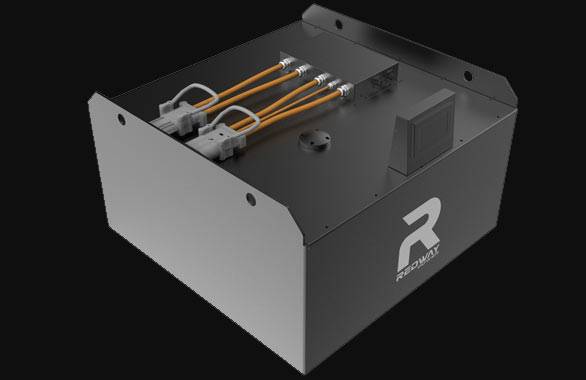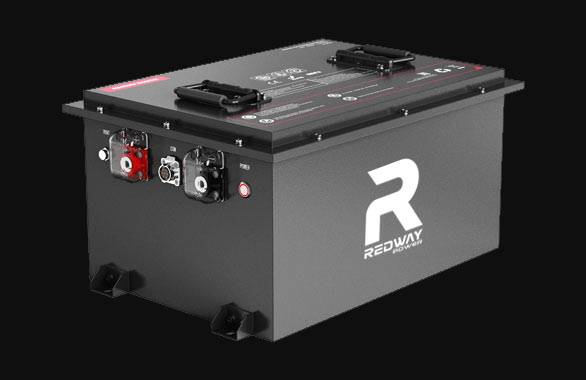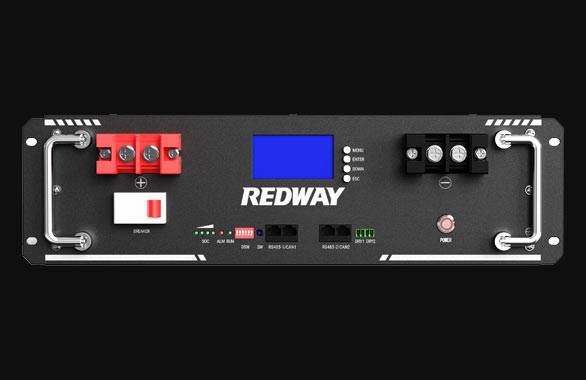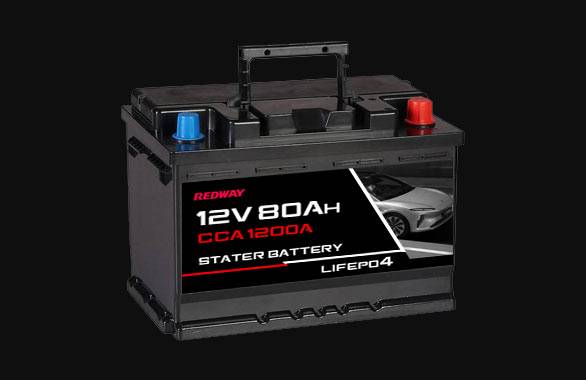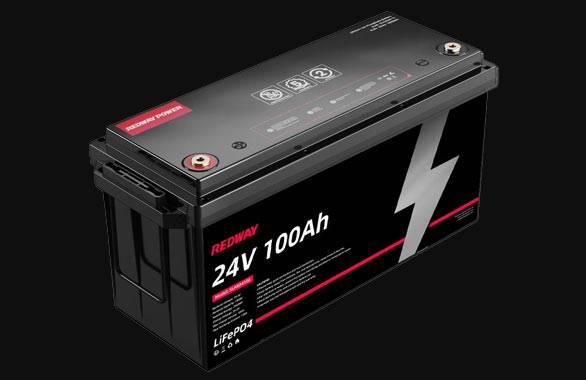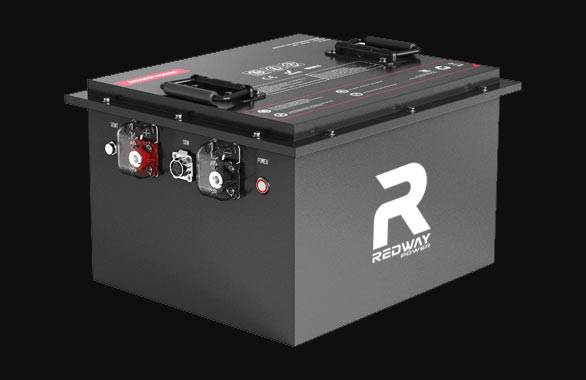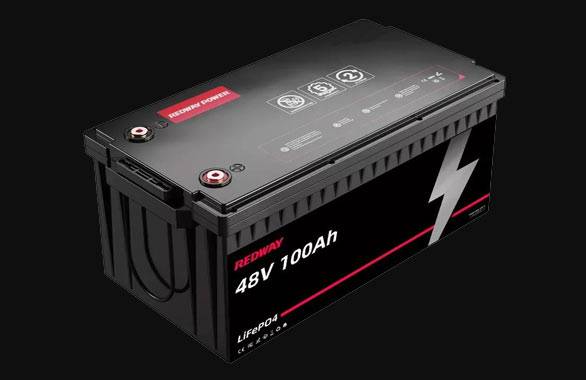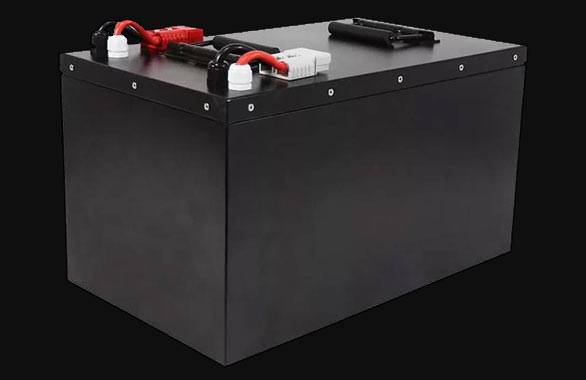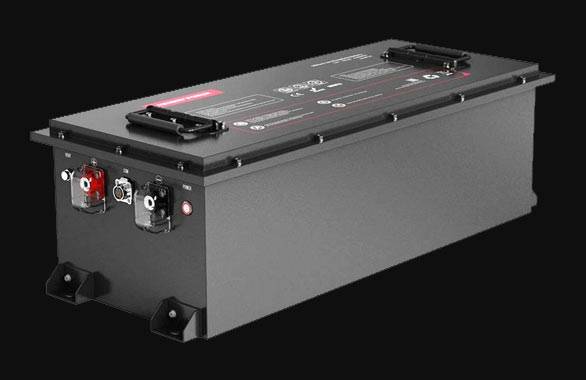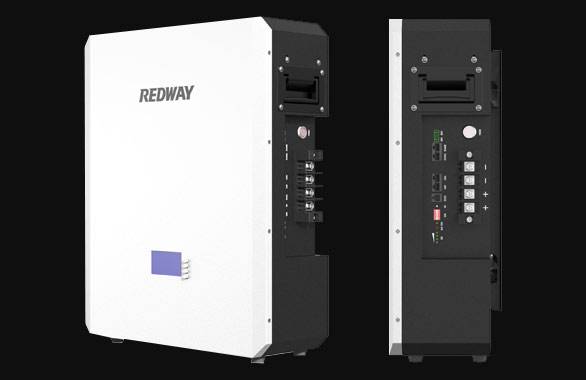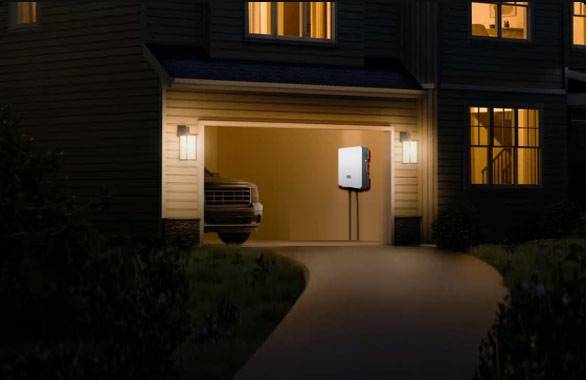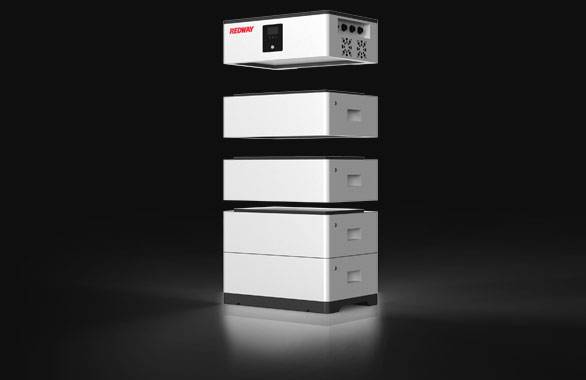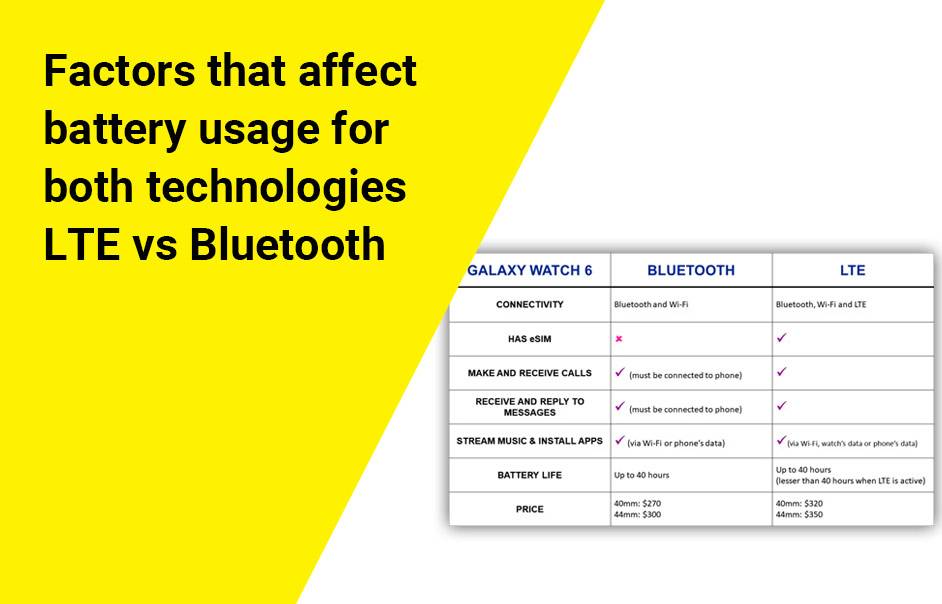- Forklift Lithium Battery
- Golf Cart Lithium Battery
- Rack-mounted Lithium Battery
51.2V 100Ah Rackmount LiFePO4 Battery
8000 times (80% DOD 0.5C)
Optional SNMP for TELECOM - Car Starter Battery
- 12V LiFePO4 Battery
12V 150Ah Lithium RV Battery
Bluetooth App | Self-heating
LiFePO4 | Group 31
UL 1642 | IEC 62619 - 24V LiFePO4 Battery
- 36V LiFePO4 Battery
- 48V LiFePO4 Battery
- 60V LiFePO4 Battery
60V 100Ah Lithium Battery (AGV, AMR, LGV)
Peak Discharge Current 400A
500 x 298 x 349 mm - 72V~96V LiFePO4 Battery
72V 100Ah Lithium Golf Cart Battery
Peak Discharge Current 315A (10S)
740 × 320 × 246 mm - Wall-mounted Lithium Battery
51.2V 100Ah 5kWh
Wall-mounted Battery532 x 425 x 170 mm / LiFePO4
>8000 Cycles (80% DOD 0.5C)
RS485 / CAN-bus
for Solar Home ESS - Home-ESS All-in-One
51.2V 32kWh
All-in-On HESS SystemPowerAll
51.2V / LiFePO4
>8000 Cycles (80% DOD 0.5C)
RS485 / CAN-bus / WiFi
All-in-One for Home ESS
Does LTE or Bluetooth Use More Battery Power?
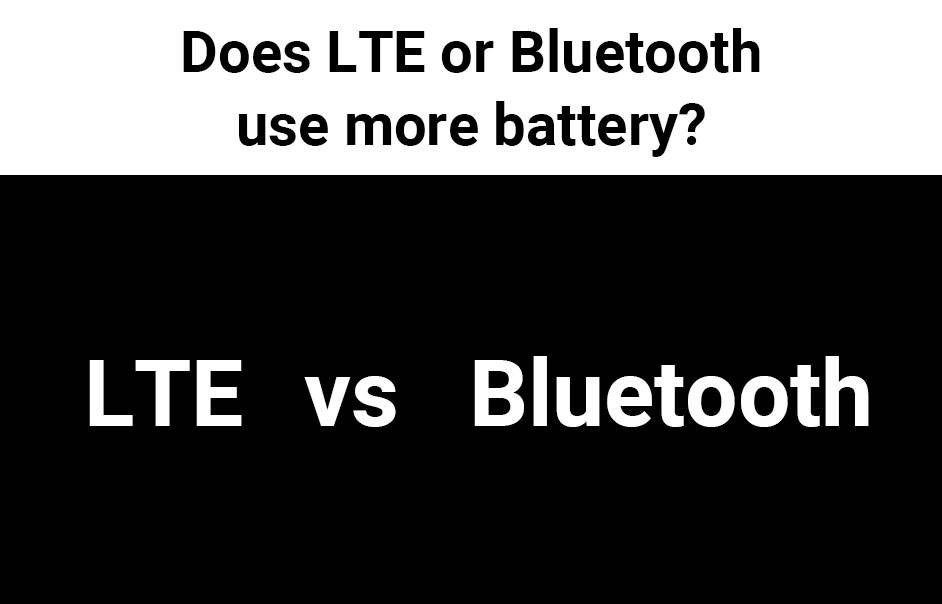
When comparing battery consumption between LTE and Bluetooth, it is evident that LTE generally uses more battery power than Bluetooth. While both technologies have their advantages, Bluetooth is designed for low energy consumption, making it more suitable for battery-operated devices. Understanding these differences can help users make informed decisions about their connectivity options.
How Does Power Consumption Differ Between LTE and Bluetooth?
LTE (Long-Term Evolution) is a cellular communication technology that typically consumes more power than Bluetooth, especially during data-intensive tasks. While Bluetooth Low Energy (BLE) is optimized for minimal power usage, allowing devices to maintain connections with little battery drain, LTE requires more energy to maintain a cellular connection and transmit data over greater distances.Chart: Power Consumption Comparison
| Connection Type | Average Power Consumption | Typical Usage Duration |
|---|---|---|
| Bluetooth (BLE) | ~1 mW | Several months |
| LTE | ~10 – 30 mW | Several hours |
What Are the Key Factors Affecting Battery Life for Each Technology?
Several factors affect battery life when using either LTE or Bluetooth:
- Signal Strength: Poor signal strength in LTE can lead to increased power consumption as the device works harder to maintain a connection.
- Data Transmission: High data transmission rates in LTE require more energy compared to the lower data rates of Bluetooth.
- Device Type: The specific hardware and software optimizations of devices can influence how efficiently they use battery power.
Chart: Factors Influencing Battery Life
| Factor | Impact on LTE | Impact on Bluetooth |
|---|---|---|
| Signal Strength | Higher consumption | Minimal impact |
| Data Transmission | Increased usage | Lower usage |
| Device Type | Varies by model | Generally efficient |
Why Is Bluetooth Generally More Efficient Than LTE?
Bluetooth, particularly BLE, is designed specifically for low energy consumption. It allows devices to stay connected while using minimal power by entering sleep modes when not actively transmitting data. In contrast, LTE connections require continuous power to maintain a stable connection, leading to faster battery drain.
How Do Different Usage Scenarios Impact Battery Drain?
The impact of battery drain varies significantly based on how each technology is used:
- Bluetooth: In scenarios where devices are frequently connected but not actively transmitting data (like fitness trackers), battery consumption remains low.
- LTE: When streaming videos or using applications that require constant internet access, battery drain increases significantly due to high data transmission needs.
Can You Optimize Battery Life When Using LTE or Bluetooth?
Yes, there are several strategies to optimize battery life:
- Limit Background Data: Disable background data usage for apps that do not require constant updates.
- Adjust Connection Settings: Use Wi-Fi when available instead of relying on cellular data.
- Manage Device Settings: Turn off features like GPS or high screen brightness when not in use.
Tips for Battery Wholesale Buyers
For wholesale buyers seeking reliable battery solutions, Redway Power is an excellent choice. With over 13 years of experience in manufacturing lithium-ion batteries, they provide high-quality products tailored for various applications. When placing OEM orders:
- Research potential manufacturers thoroughly.
- Request samples to evaluate quality before bulk orders.
- Ensure compliance with safety standards specific to your market.
- Discuss customization options based on your specific needs.
Redway Power Expert Views
“Understanding the differences in power consumption between LTE and Bluetooth is essential for optimizing device performance,” states an expert from Redway Power. “Choosing the right connectivity option can significantly enhance battery life, especially in portable devices.”
FAQ Section
- Which consumes more battery: LTE or Bluetooth?
LTE generally consumes more battery than Bluetooth due to its higher power requirements for maintaining a cellular connection. - How can I extend my device’s battery life when using LTE?
You can extend battery life by limiting background data usage and switching to Wi-Fi when available. - Is it possible to optimize battery life while using Bluetooth?
Yes, keeping devices connected but not actively transmitting data helps maintain low power consumption. - What factors contribute to increased battery drain in LTE?
Factors include poor signal strength, high data transmission rates, and active applications requiring constant internet access.
Understanding the differences in battery consumption between LTE and Bluetooth helps consumers make informed choices about their connectivity options while optimizing device performance and longevity.


